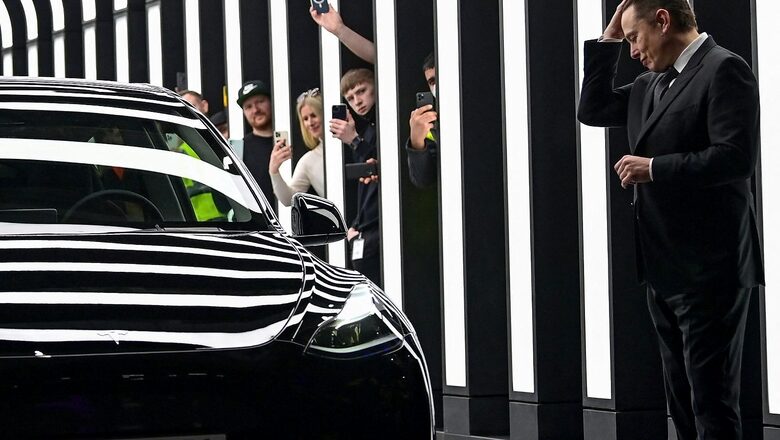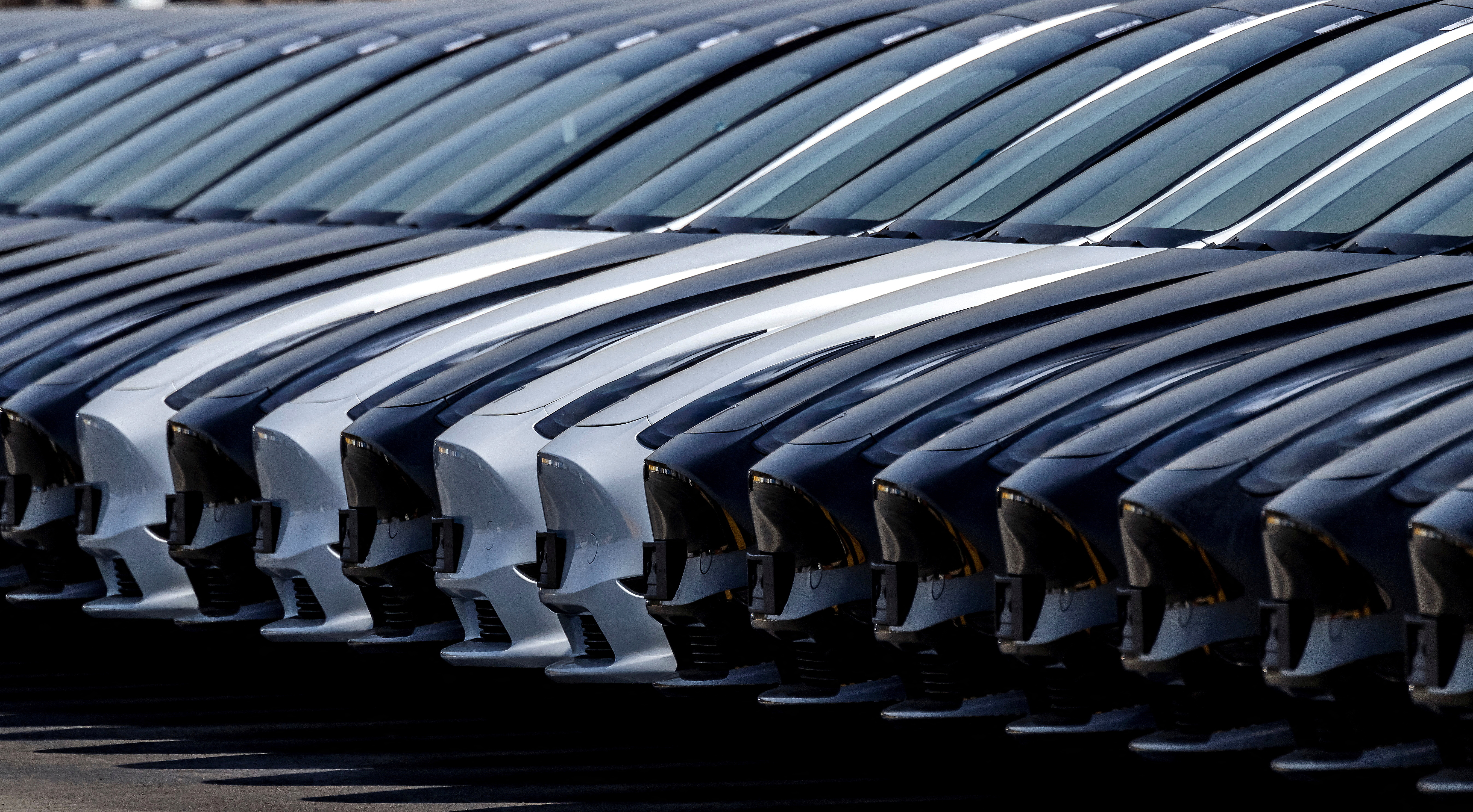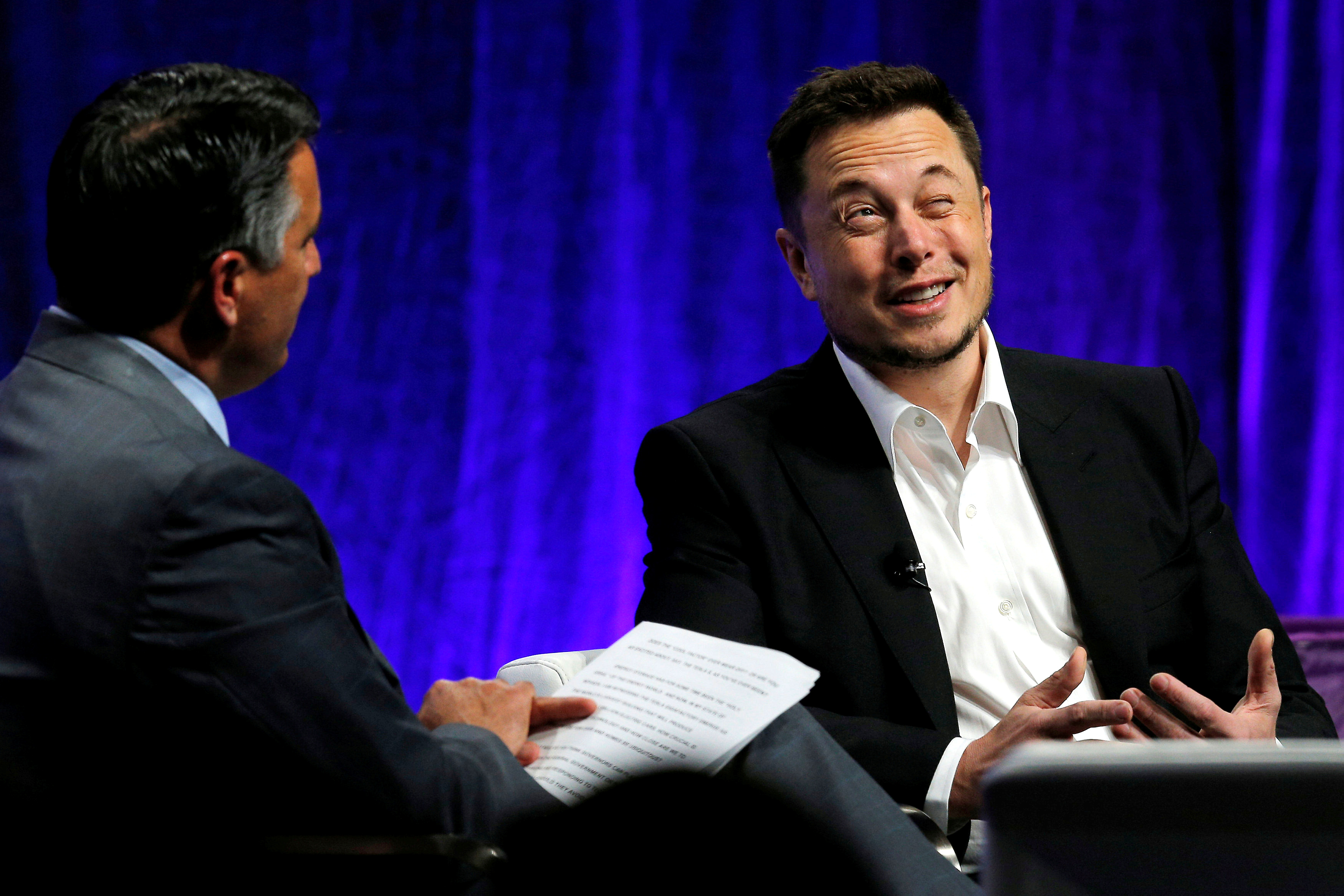
views
Elon Musk, Twitter’s new owner, urged Americans on Tuesday to elect a Republican Congress to counterbalance President Joe Biden’s Democrats, marking the first time a major social media CEO explicitly took a side.
“Shared power curbs the worst excesses of both parties, therefore I recommend voting for a Republican Congress, given that the Presidency is Democratic,” Musk said in a tweet on Monday to his more than 110 million followers.
To independent-minded voters:Shared power curbs the worst excesses of both parties, therefore I recommend voting for a Republican Congress, given that the Presidency is Democratic.
— Elon Musk (@elonmusk) November 7, 2022
His absolute stance on free speech has prompted some organisations to warn of an increase in misinformation, and some advertisers to withdraw their support. Some have also wondered whether Musk’s stance and Twitter policies will influence the mid-term poll results in America. But Kyle Kondik of the University of Virginia’s Center for Politics told Reuters that the techie’s words are unlikely to influence the outcome of the election. “It’s difficult to expect any sort of celebrity ‘endorsement,’ as this is essentially, to have much, if any, effect on voter behaviour,” Kondik said.
But why did Musk express his support for Republicans anyway? It is true that Musk has earlier supported the ‘Red pill’ and bashed Democrats. However, ever since taking over Twitter, Musk has made a big deal out of his stance of ‘neutrality’.
While his logic tends to neutrality, asking the public to vote for a particular party is a side. And there may be more to the reason why:
Taxing the Billionaires & Tesla Competition
Musk has criticised the Biden administration and Democrats for their plans to tax billionaires and expand tax breaks for union-made electric vehicles.
The Tesla Competition: President Joe Biden and Democrats in Congress are attempting to give unionised automakers in the United States a competitive advantage in the burgeoning electric vehicle market, eliciting vocal opposition from foreign trade partners and Republicans concerned about a competitive disadvantage for manufacturers in their home states.

The $1.85 trillion spending bill that Democrats are attempting to pass through Congress includes a number of programmes aimed at reducing global warming and lowering US emissions. It includes incentives to accelerate the transition to electric vehicles, which account for a small but rapidly growing market share.
Tesla’s factories in the United States are not unionised.
Last year Tesla moved its headquarters from California – its biggest market – to the more conservative state Texas. Musk also moved his personal residence from California to Texas, where there is no state income tax.
Taxing HIM: And the Democratic plan is also to use revenue from a billionaires tax to help pay for a domestic policy package being negotiated in Congress, which would help combat climate change, provide universal prekindergarten, and expand health care programmes, among other things. The proposal was not included in President Joe Biden’s framework for a domestic policy package released in October, but that agreement among Congressional Democrats is not final, the Associated Press reported.
Musk, who recently surpassed Amazon founder Jeff Bezos in wealth thanks to Tesla’s soaring share price, could face a one-time $50 billion tax hit under the Democratic proposal. “My plan is to use the money to get humanity to Mars and preserve the light of consciousness,” Musk had said in a tweet.

The Democratic proposal, unveiled late October by Senator Ron Wyden, would tax capital gains at 20% and net investment income at 3.8% for people with $1 billion or more in assets or three consecutive years of income of $100 million or more. It would apply to fewer than 800 people, who would be required to pay tax on the value of tradable items such as stocks even if they did not sell them. Under current law, such assets are taxed only when they are sold.
With inputs from Reuters and Associated Press
Read all the Latest Explainers here




















Comments
0 comment